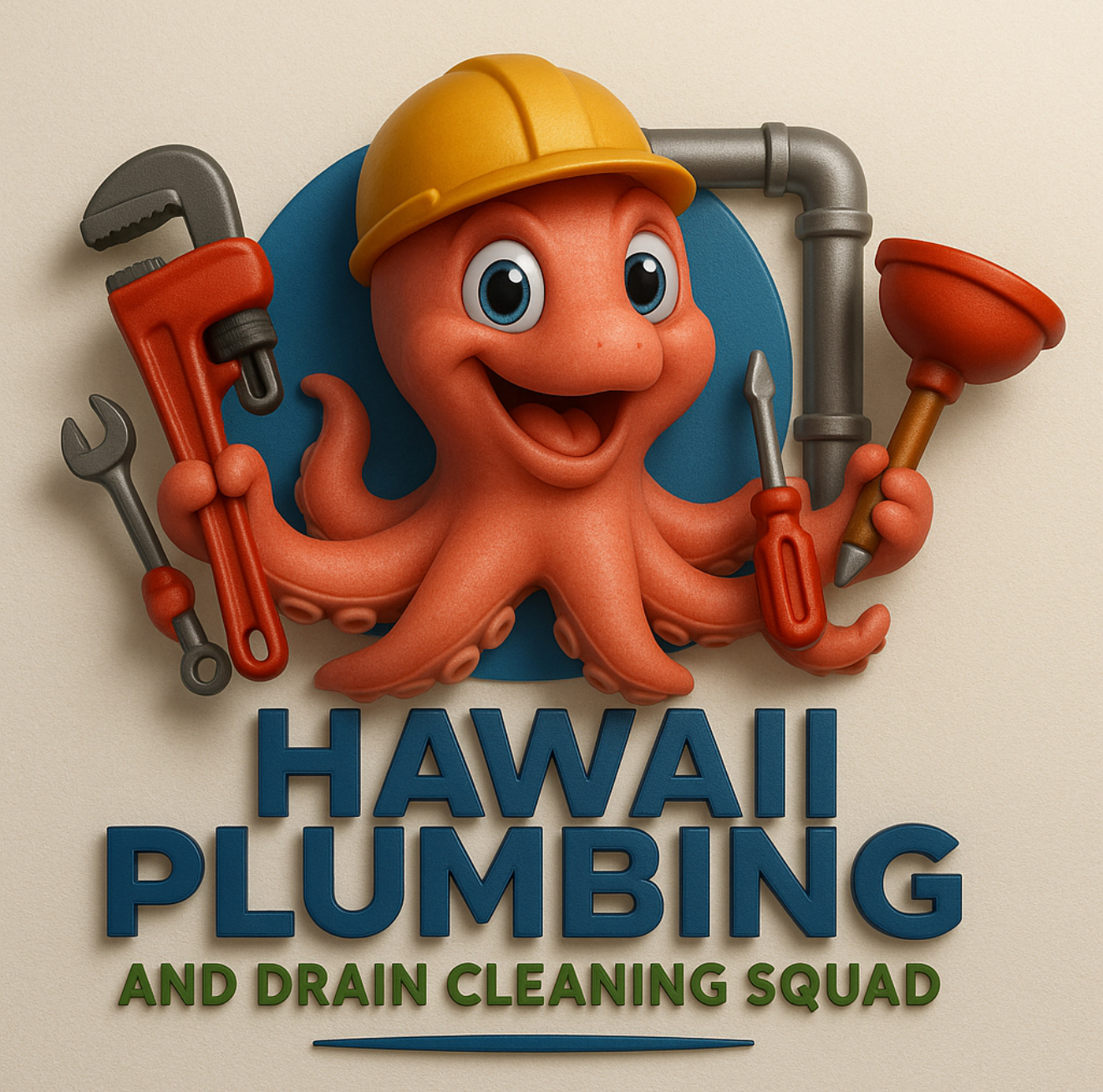How to Maintain Your Tankless Water Heater for Long-Term Use
- Jack P.
- Jun 10, 2025
- 4 min read
Tankless water heaters are an efficient way to provide hot water on demand. Unlike traditional tank systems, they heat water directly, which means you never run out of hot water. However, ensuring their longevity requires regular maintenance. This blog post will guide you through maintaining your tankless water heater effectively to keep it running smoothly for years.
Understanding Your Tankless Water Heater
Tankless water heaters operate by heating water as it flows through the unit. This on-demand system relies on various components, such as heating elements, sensors, and valves, to function efficiently. Regular maintenance is crucial for ensuring that these parts work well together.

One of the primary benefits of tankless systems is their energy efficiency. They can use up to 30% less energy compared to traditional water heaters. However, neglecting routine maintenance can cause performance issues over time, affecting both efficiency and lifespan.
Routine Maintenance Checks for Your Tankless Water Heater
To keep your tankless water heater running efficiently, there are several routine maintenance checks you should perform:
Inspect for Leaks: Check the unit for any signs of leaks. Even a tiny drip can lead to significant issues if left unchecked.
Flush the System: Mineral buildup can impede performance. Flushing your tankless unit at least once a year removes any accumulated minerals, particularly in areas with hard water.
Check Filters: Some tankless water heaters come with filters that require regular cleaning or replacement. Inspect these filters regularly to ensure optimal water flow.

Flushing Your Tankless Water Heater
Flushing your tankless water heater is a crucial part of maintenance. Here’s how to flush your system correctly:
Turn Off the Power: Shut off the power supply to the heater.
Connect a Hose: Attach a garden hose to the service valves on the unit.
Prepare the Cleaning Solution: Use a descaling solution specifically intended for water heaters.
Flush the System: Open the valves and allow the solution to flow through the unit for about 30 minutes.
Rinse with Water: After the descaling process, flush the system with clean water to remove any lingering cleaning solution.
Perform this flush annually to prevent mineral buildup from affecting your heater's performance.
Monitoring Water Temperature
Keeping an eye on your water temperature is essential not only for comfort but also for the heath of your system.
Recommended Temperature: The ideal water temperature for most homes is between 120°F and 140°F (49°C and 60°C). Water hotter than this can wear out components faster and increases the risk of scalding.
Adjusting the Temperature: If you notice fluctuations in water temperature, adjust the settings on your heater to maintain a consistent temperature.

Signs of Trouble
Monitoring your heater for signs of trouble is equally important. Look out for:
Inconsistent water temperatures
Changes in water pressure
Unpleasant odors or discoloration in the water
If any of these signs appear, it may signal that your unit needs immediate attention or even tankless water heater repair.
Utilizing Professional Services
While DIY maintenance can go a long way, sometimes you need professional help. Regular inspections by a qualified technician can catch potential problems early and extend the lifespan of your unit.
Many plumbing companies offer maintenance contracts that include annual inspections, flushing, and emergency services. This can give you peace of mind knowing your system is well cared for.
If you're experiencing more complicated issues, tankless water heater repair services can diagnose and fix problems quickly.
Seasonal Considerations
Certain seasons can impact the performance and maintenance needs of your tankless water heater.
Winter Prep: In colder months, insulate your external pipes and ensure that the unit itself is protected from freezing temperatures. This can minimize the risk of damage.
Summer Maintenance: In the hotter months, you may notice an increase in demand for hot water. Monitor your unit’s performance to ensure it’s meeting your needs without overheating.
Efficient Use of Your Tankless Water Heater
Efficient usage practices can also enhance the longevity of your unit:
Minimize Demand: During high usage, consider staggering hot water use to reduce stress on the heater.
Regularly Review Needs: As your household size changes or your hot water needs fluctuate, reassess if your current system is adequate.
Educate Household Members: Ensure everyone in your home understands how to use the hot water system effectively. This can reduce unnecessary stress on the unit.
Final Tips for Maintaining Longevity
To maximize the lifespan of your tankless water heater, follow these additional tips:
Install a Water Softener: If you live in an area with hard water, installing a water softener can help reduce mineral buildup in your heater.
Be Mindful of Scale: If you notice scale buildup outside the heater, it’s a clear sign that it needs attention.
Track Your Household Usage: Keep a log of your hot water usage patterns for better planning and maintenance.
By following these steps, you can maintain your tankless water heater effectively and ensure it runs efficiently throughout its lifespan. Proper care can save you money and create a more comfortable home environment.





Comments